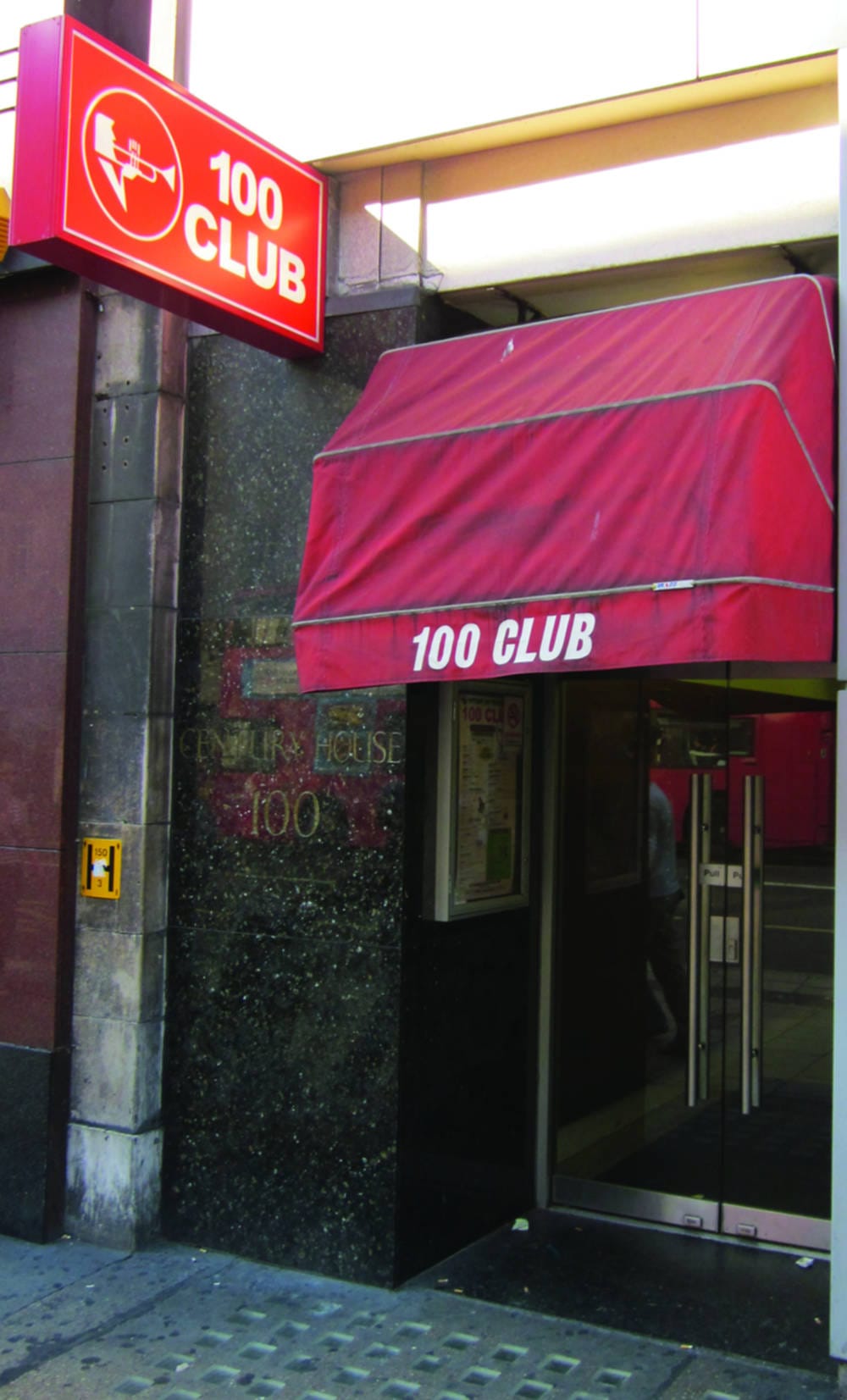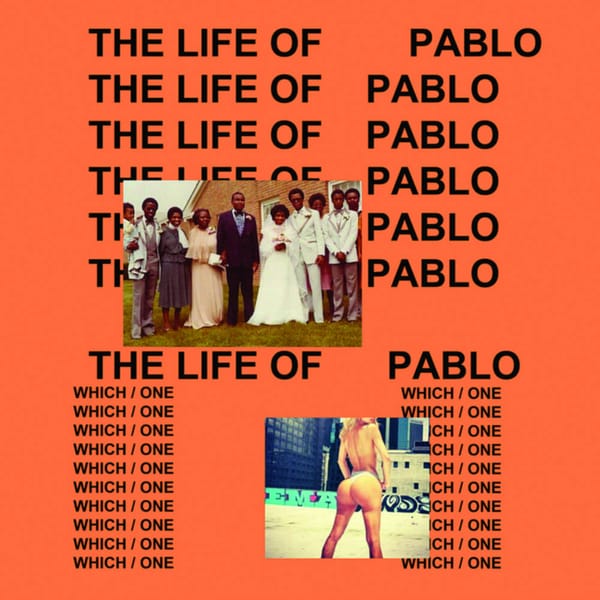Small venues are dying out
Something must be done

Over the past decade, London has lost over forty percent of its small music venues, and it is a similar story around the country. Notorious venues such as the Sheffield Boardwalk have already closed, which saw greats such as The Clash, Sex Pistols, and Arctic Monkeys play there at the beginning of their respective careers. Many more small venues are at a risk of shutting down, like the 100 Club on Oxford Street and the Troubadour on Old Brompton Road, which has gone up for sale.
The alarming rate of these closures is down to a combination of reasons: increasing rent prices, ridiculously harsh licensing scrutiny, and the pressure of building more housing leading property developers to raise blocks of flats next to these clubs. This will inevitably cause more noise-abatement notices to be filed costing the venues thousands of pounds to contest.
To preserve the cultural value that these institutions bring to the British music scene, something must be done. The UK music industry is currently valued at £3.5 billion and is mainly based on the small venue circuit, the lifeblood of the music scene. There are of course the big O2 arena and stadium gigs that rake in millions, but without a platform to showcase their talents and tune their skills, there will be no musicians to fill their shoes in twenty years time. Queen famously played their first gig here at Imperial. Without these grassroots venues the British music industry is simply not sustainable.
It is not only artists that need these institutions to help their careers. Small music venues provide hundreds of thousands of jobs for bar staff and technicians amongst others. They, too, use these venues as opportunities to hone their talents and improve their career prospects. In all professions you will have to start at the bottom, no one starts off playing Wembley or being a lighting engineer at the O2.
However, as much as it is about the live music, it is also about the role they play in the society. Small venues have played host to activism and good for the surrounding community. They have a heart, a soul and a connection to their community. These venues are a meeting place for people with ideas, diversity and a non-conformist attitude. It is imperative to hold onto passion, culture, art and fun times, to fight for what makes our community ours.









